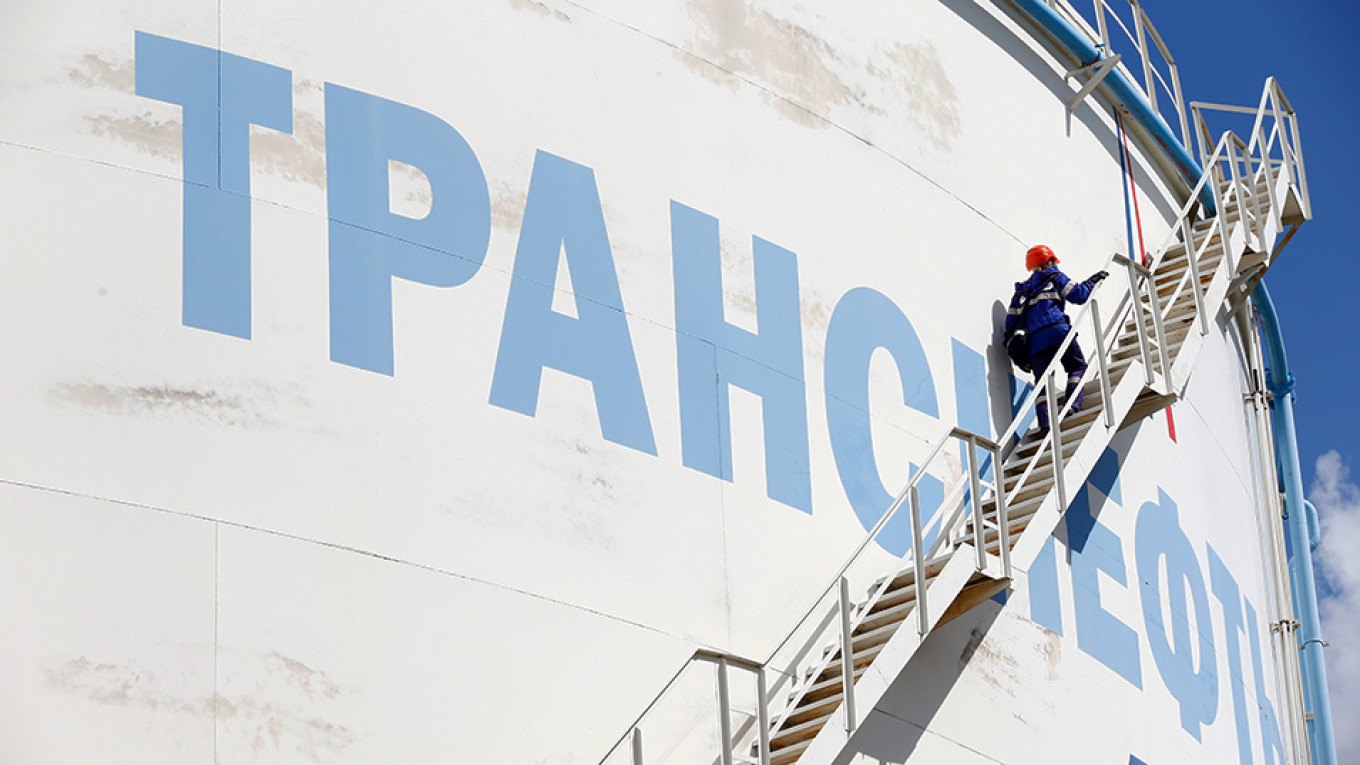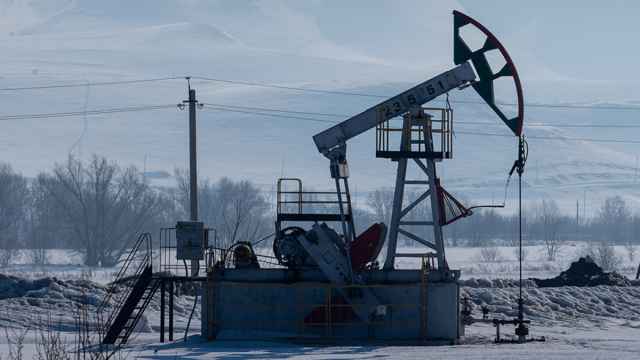Russian oil pipeline monopoly Transneft on Wednesday set a cap of $15 per barrel for compensation stemming from contamination in its network.
The contamination, first discovered in April in Belarus, led to the stoppage of Russian oil exports via the 1 million barrels-per-day Druzhba pipeline and a reduction in oil production in Russia, one of the world's top producers of crude.
Buyers along the Druzhba pipeline to Germany, Poland, Hungary, Slovakia, Ukraine, Belarus and the Czech Republic discovered chemicals in the oil. The Baltic port of Ust-Luga was also affected.
Those purchasers include trading firms and European majors such as Glencore, Trafigura, BP, Eni and Royal Dutch Shell.
BP and Total declined to comment on Transneft's announcement. Shell did not immediately reply to a request for comment. Total Chief Executive Patrick Pouyanne said in May that his company would seek compensation.
Pouyanne had said the costs of the contamination and eventual decontamination were still to be clarified.
"Who is going to pay for the decontamination? There is a significant amount that is being mentioned, around $15 per barrel. At the moment, everyone is looking at the other to find the one who is responsible," Pouyanne said, answering questions from shareholders in May.
President Vladimir Putin said the contamination had dealt a blow to Russia's reputation as a reliable supplier.
Three market sources familiar with the buyers of Russian oil said the compensation was too low.
"This is not enough to compensate for the costs of contamination," a source said.
Another source with a buyer of Russian oil said the compensation should be at least two times higher than that offered by Transneft.
"This is nonsense. The compensation should be higher and depend on whether the oil was supplied by the pipeline or by sea," he said.
Poland's PKN Orlen said of Transneft's offer: "In connection with the contaminated Russian oil, we incurred certain costs. We continue to estimate them. When we have precise calculations, we will ask suppliers for compensation."
A Polish government official also said Poland may need more flexible oil supply and transmission contracts so it can respond more quickly to potential crises such as the contamination of Russian crude.
Proof required
Transneft said Wednesday that claimants would have to prove they incurred damage from the contamination. Russia has also agreed to pay the same amount of compensation to Kazakhstan.
The company also said in a regulatory statement it had re-appointed Russian Energy Minister Alexander Novak as its board chairman.
Under the compensation scheme, Transneft would pay damages to Russian oil producers, which in turn would compensate the buyers of its oil.
Russian oil producers Rosneft, Gazprom Neft, Russneft and Surgutneftegaz declined immediate comment.
Lukoil referred to an interview in which its chief, Vagit Alekperov, said a discount of not more than $15 per barrel would be fair compensation.
Up to 5 million tons (37 million barrels) of Russian oil for export was found in April to be contaminated with organic chloride, a chemical used to help boost oil extraction but which can damage refining equipment.
Accordingly, the maximum compensation may total around $500 million.
A Message from The Moscow Times:
Dear readers,
We are facing unprecedented challenges. Russia's Prosecutor General's Office has designated The Moscow Times as an "undesirable" organization, criminalizing our work and putting our staff at risk of prosecution. This follows our earlier unjust labeling as a "foreign agent."
These actions are direct attempts to silence independent journalism in Russia. The authorities claim our work "discredits the decisions of the Russian leadership." We see things differently: we strive to provide accurate, unbiased reporting on Russia.
We, the journalists of The Moscow Times, refuse to be silenced. But to continue our work, we need your help.
Your support, no matter how small, makes a world of difference. If you can, please support us monthly starting from just $2. It's quick to set up, and every contribution makes a significant impact.
By supporting The Moscow Times, you're defending open, independent journalism in the face of repression. Thank you for standing with us.
Remind me later.






